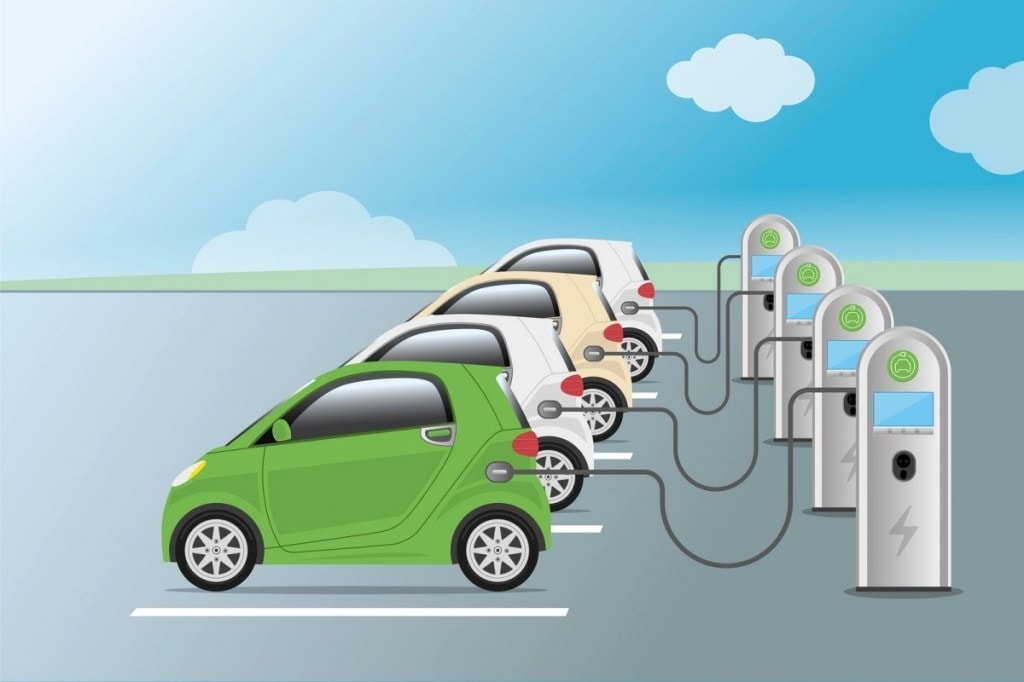By: Karun Arya, Chief Growth Officer, GetVantage
Of the top 30 most polluted cities in the world, 21 are located in India and personal mobility is a major contributor to the ever-increasing pollution levels. Fortunately, we are seeing a paradigm shift where consumers are becoming conscious of the carbon footprint of petrol and diesel-powered vehicles. They are looking to make smarter choices when it comes to personal mobility.
The rising tide for transition to more sustainable transportation is also being supported by government policies. In addition, inflation, technological advances and stringent environmental regulations are likely to make electric vehicles (EV) a requirement rather than a choice in the coming years. Start-ups in the EV space should be ready to take advantage of this imminent shift, for which, along with infrastructure and favorable policies, they also need the right funding support.
The Indian EV Sector
Accounting for a mere 1.3% of total vehicle sales during 2020-21, it is safe to say that the EV market is in its infancy in India. However, the industry trends tell a promising story. As per an Industry report, the market was valued at USD 7 billion in 2021 and is expected to reach USD 30 billion by 2027. Also, as per data from Tracxn, there are 486 EV start-ups in the country with investments of about USD 6 billion in 2021.
The government, through initiatives like the National Electricity Mobility Mission Plan and Faster Adoption and Manufacturing of Hybrid and Electric Vehicles, are pushing EV sales in the country. Consumers, too, are being incentivized through policies like lower GST, no registration charges and income tax deductions.
Barriers to Explosive Growth
Clearly, the sector is perfectly poised for explosive growth. However, there are some crucial technical, economic and social barriers that can hinder this growth. And while EV start-ups may have limited influence over the technical and economic barriers, they can definitely address the social barriers through an advertising and marketing push.
The pace of EV adoption is severely impeded by a lack of public awareness about their benefits. Educating customers and training other stakeholders about the benefits of EV ownership will have an immense positive impact on adoption rates. Business owners need a multi-pronged marketing campaign that creates a compelling value proposition for their products and uses innovative and personalized approaches to reach and educate prospective buyers. They must make investments in their digital presence to provide easy access to information about EVs to prospective customers, use hyperlocal marketing and ensure seamless and innovative integration of offline and online marketing.
Also Read: Upcoming Cars in India in June 2023: Honda Elevate to Maruti Jimny
Vehicle dealers must be converted into trusted advisors for customers who can deliver a credible and consistent EV sales pitch to customers. They must be able to convincingly speak about how the total cost of ownership (TCO) of an EV is not only comparable to an ICE vehicle but also better for the environment.
Funding the Campaign
The country is seeing rapid urbanization and the demand for vehicles is unlikely to decrease. At the same time, the climate crisis necessitates that EVs be the future of the auto sector. But if EVs are to become mainstream along with the right policies, infrastructure and technology, the right funding will be a key enabler. Given the situation, the sector should consider alternative forms of finance that can fund public awareness and marketing campaigns along with powering growth.
Revenue-based Financing (RBF) is one such option. It is an innovative funding model that can fulfill very specific credit requirements for the EV companies. Under RBF, funds can be raised on the basis of a company’s business model and revenue levels. The investment can be repaid via a percentage of the business’s gross revenue. And since payment varies based on the revenue levels of the business, there is no fixed tenure of repayment. It is fast and flexible and most importantly, does not dilute equity. It can be customized as per business requirements and founders should consider it to raise capital and communicate electric vehicle economics to customers.
Looking Ahead
Undeniably, EVs are the future of mobility. The only question is who will be able to crack the code of EV profitability first and get ahead of the pack. A concerted marketing effort by EV businesses is a sure-shot way to accelerate mass-market EV profitability. What is needed is a bold action based on a vision to permanently reshape the automotive industry and RBF can give wings to just such a vision.
Disclaimer: Views expressed are personal and do not reflect the official position or policy of Financial Express Online. Reproducing this content without permission is prohibited.


















